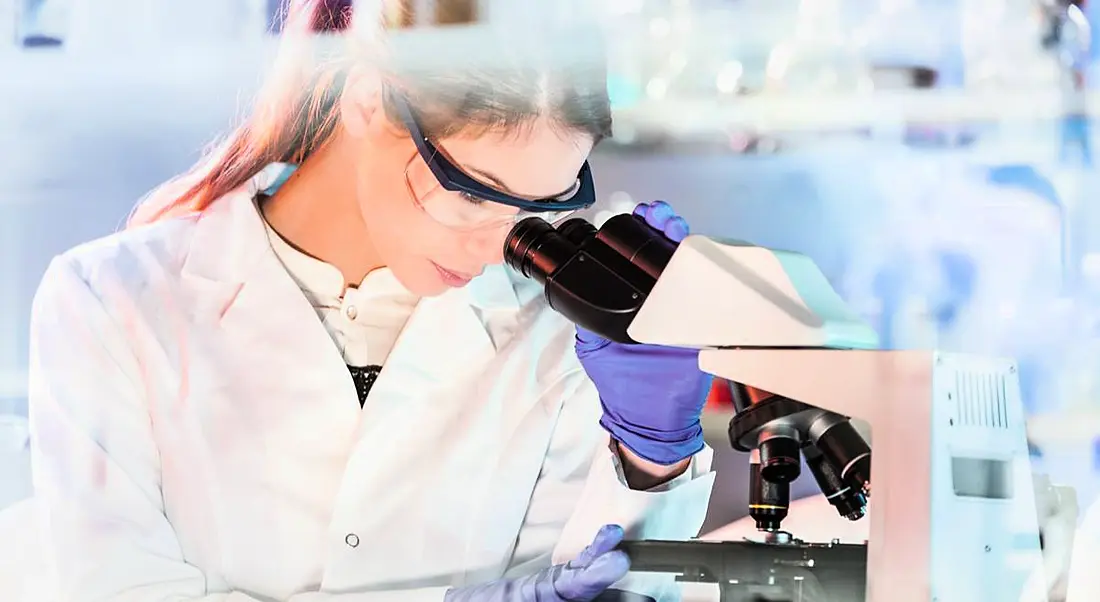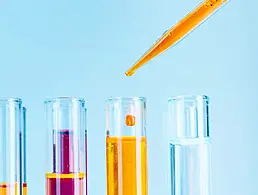There are plenty of opportunities and jobs in the life sciences sector. That means that the industry is under pressure to ensure it has the best talent.
The many branches of sci-tech are constantly looking for top talent. The opportunities are growing exponentially and the talent pipeline isn’t sustainable by education alone.
This means that it is up to the industries themselves to find ways to improve education for the candidates that will soon come knocking on their door.
As it’s Life Sciences Week here at Siliconrepublic.com, we’re focusing on how the biotech, pharma and life sciences talent pipeline could be developed and improved.
While Ireland is not stuck for graduates in science and engineering, Liz Dooley, director of operations at Janssen Sciences Ireland, believes a talent shortage may come from greater competition.
“The world has become a smaller place and companies are no longer competing for talent within country, but at a global level,” she said.
According to Dooley, competition has become more intense between sectors, as well as other countries, due to integration. “Historically, these industries attracted unique skill sets. Now, due to emergence of combination products and convergent technologies, there is a demand for common skill sets.”
It starts with education
While education isn’t the only thing recruiters should rely on to increase life sciences talent, it is a good place to start.
Louise Prendergast, Ireland HR director of biologics at Bristol-Myers Squibb (BMS) and industry chair for the working skills group with BioPharmaChem Ireland, believes a greater awareness in STEM subjects in secondary schools needs to be one of the key focuses.
“Additionally, one of our working groups is focused on partnering with third-level institutions to create more awareness among students of ‘a day in the life’ of working in the biopharma industry.”
‘Ireland is seen as a biotech hub’
– LOUISE PRENDERGAST, BMS
Prendergast also notes that in recent years, there has been a move from traditional pharma to biopharma, as well as from small molecule to large molecule manufacturing. “Ireland is seen as a biotech hub. The good news is that a number of the skills in small molecule can be transferred and enhanced with further training, supporting the move from pharma to biopharma.”
At a higher level of education, Dooley believes undergraduate qualifications need to focus more on ‘know why’ rather than merely ‘know how’. “The life science industry looks for leadership that emphasises multidisciplinary expertise,” she said.
Industry must play its part
Outside of the education sector, the industries recruiting life sciences talent need to have strategies in place to maintain a healthy pipeline of candidates to fill the right roles.
Prendergast said that all levels of industry and government need to work together to continue to attract investment into Ireland’s life sciences sectors.
“Such investment is critical for our economy as it provides both direct and indirect employment,” she said, citing the example that while manufacturing facilities might hire 400 direct employees, such a project would also bring a huge amount of construction work.
Dooley believes that companies and recruiters within the industry should hire from outside life sciences to bring diversity of thought and experience to the sector. She also said there needs to be “greater efforts to encourage discipline change at postgraduate or combined undergraduate degrees”.
Trends emerging
Over the next five years, Dooley envisions that industry will become more globally connected, and the speed and availability of data will drive faster decisions in life sciences research, development and manufacturing.
“The careers that will emerge from this dynamic will require leverage of collective knowledge from many social and technical disciplines,” she said. “Ability to work as part of a virtual network will become increasingly important, and building that capability into an individual’s portfolio of skills will be necessary.”
When it comes to the specific areas in which careers may emerge, Prendergast said that cell culture and purification are particularly relevant to the biopharma industry.
Diversity and inclusion are also essential in every industry, not just those looking for life sciences talent. Prendergast said it’s an important focus at BMS, as they have a dedicated diversity and inclusion team, which focuses on encouraging female students at second-level education to study STEM subjects.
Last year, Bernadette Doyle, vice-president of global technical and NPI, global manufacturing and supply at GlaxoSmithKline, was at the inaugural BioPharma Ambition Conference. She spoke about the important role second level education plays in improving the biopharma talent pipeline as well as the need to “sex up science” and make it more appealing.




